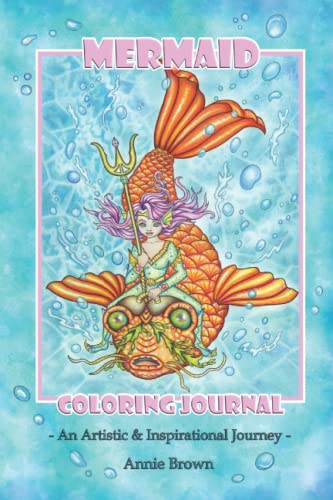
From Ottery to Highate
by Wilfred Brown- First published
- 1903
- Publishers
- Coleberd
- Subjects
- Coleridge·Samuel taylor·1772-1834
About Wilfred Brown
English tenor vocalist (Horsham, Sussex, 5 April 1921 – 5 March 1971)....
Books
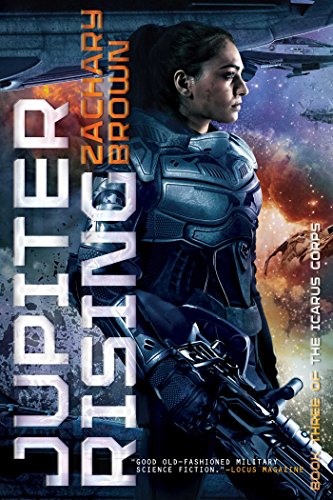
Jupiter Rising
Zachary Brown
In this concluding volume of the trilogy, the icarus corps battle the conglomeration on jupiter against all odds as humanity continues to suffer the brutalities of war as cannon fodder unless they redefine the rules of engagement.

So Far from Home
Benita Brown

Dreams from India
Mick Brown

Emperor's Silver Agent of Rome 5
Nick Brown

MVVM Unleashed
Michael Brown

Encyclopedia of Embroidery Techniques
Pauline Brown

Managing Performance and Capacity
David Collier-Brown
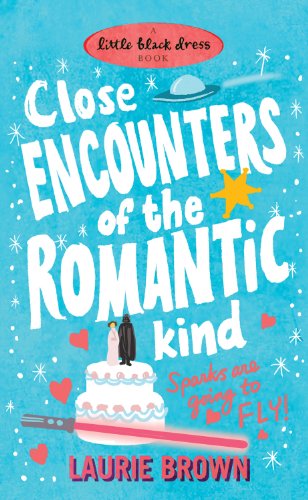
Close Encounters of the Romantic Kind
Laurie Brown

Agent of Rome
Nick Brown

Your Story, My Story, Our Story
Ronicia Brown

Handicaptive
Jeffrey Brown

Ways
Simon Brown

Instrument for Florenda
Tomeko Brown

Brown Voyage! Schoolcations
Jayson R. Brown

Readers History of English Literature
Brown, Peter

Bad Lands
Stacey Marie Brown

Maroons
adrienne maree brown

Understanding Food
Amy Christine Brown

Cultural History of Europe : 1690-1914
Michael Brown

Why Do Grown-Ups Have Babies?
Michael Brown

Healing
Theresa Brown

Florence Archivio Musicale Del
Howard Brown
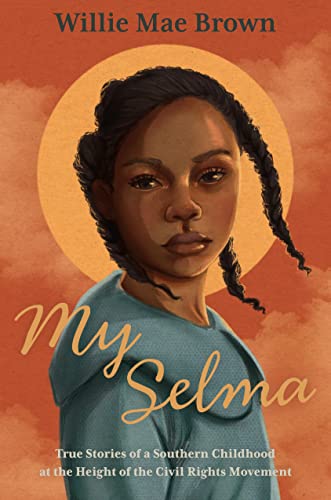
My Selma
Willie Mae Brown

Undoing Slavery
Brown, Kathleen M.

Not Just History
Kathryn Russell-Brown

Florence Archivio Musicale Del
Howard Brown

Steady, Calm, and Brave
Kimberly Brown

Munich, Bayerische Staatsbibliothek, Mus. MS. 10
Howard Brown

Very Best Hug
Alison Brown

Verona Biblio Capitolare
Howard Brown

Easter in Amish Country
Jo Ann Brown

Twice As Hard
Jasmine Brown

Munich, Bayerische Staatsbibliothek, Mus. MS. 10
Howard Brown

Papa' Que' Hay para Cenar
Pamela Denise Brown

Handbook of Astrochemistry
Wendy A. Brown

Raising Baby by the Stars
Maressa Brown

Making Sense of Forced Labor Regimes in Western Eurasia and the Americas, 1400s-1800s
Peter B. Brown
Throughout history, forced labour has been a ubiquitous phenomenon.

Elizabeth's Navy
Paul Brown

Silencing of the Lambs
Michael L. Brown

Too Suitable Duchess
Lorelie Brown

Housewife Assassin's Antisocial Media Tips
Josie Brown

My Papa, My Prince
Keegan Brown

Dans les filets d'Arachné
Agnès Brown

Islam and Blackness
Jonathan A.C. Brown

Adventures in Inventory
Melissa Brown

Cooperman House
Tim Brown

Beauty, Youth and Healthier You
Austin T. Brown

COVID-19 and International Political Theory
Ruairidh Brown

God Take Me THERE
Jenia Brown
Similar books

Coleridge and Cosmopolitan Intellectualism 1794-1804
Maximiliaan van Woudenberg
Viewing samuel taylor coleridge's pursuit of continental intellectualism through the lens of cosmopolitanism, maximiliaan van woudenberg examines the so-called 'german mania' of the writer in the context of the intellectual history of the university.
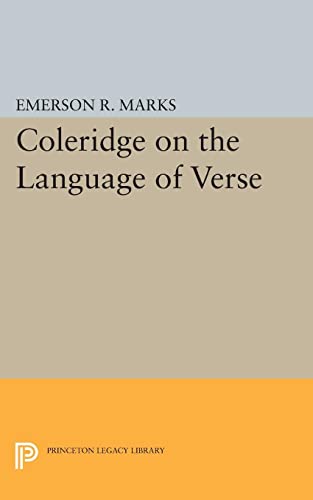
Coleridge on the Language of Verse
Emerson R. Marks
Drawing on the entire corpus of coleridge's prose, emerson marks shows how the poet's rationale was grounded in the mimetic theory that informed his distinction between a copy and an imitation which coleridge himself labeled the universal principle of the.

Coleridge on the Language of Verse
Emerson R. Marks
Drawing on the entire corpus of coleridge's prose, emerson marks shows how the poet's rationale was grounded in the mimetic theory that informed his distinction between a copy and an imitation which coleridge himself labeled the universal principle of the.
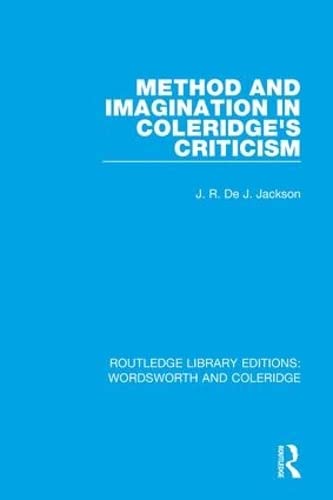
Method and Imagination in Coleridge's Criticism
J. R. de J. Jackson
First published in 1969, this book places coleridge's literary criticism against the background of his philosophical thinking, examining his theories about criticism and the nature of poetry.
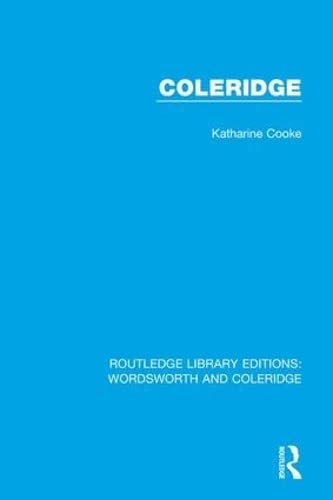
Coleridge
Katharine Cooke
First published in 1979, this book provides thorough a guide through coleridge's diverse body of work, looking not just his poetry but also his literary criticism and theories, plays, political journalism and theory, and writings on religion and philosoph.

Coleridge and Shelley
Sally West

Coleridge and the Armoury of the Human Mind
Peter J. Kitson
First published in 1991, this book collects a broad array of path-finding scholarship by specialists in coleridge and romantic literature on the subject of his prose.

Early Recollections 2 Volume Set
Joseph Cottle
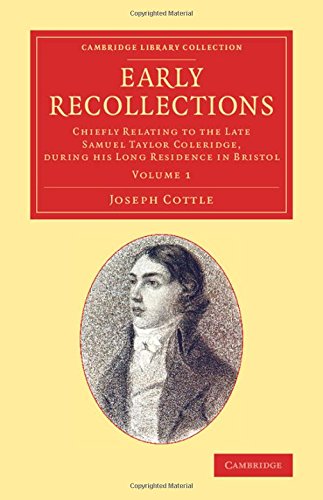
Early Recollections
Joseph Cottle
The reminiscences of bristol bookseller joseph cottle (1770 1853) have been described as 'unreliable but essential'.

Modern Coleridge
A. Timár

Coleridge and Wordsworth
Paul Magnuson
Paul magnuson contends that the relationship between coleridge's and wordsworth's poetry is so complex that a new criticism is required to trace its intricacies.

Coleridge
Henry Duff Traill
The publication in 1798 of lyrical ballads, written by william wordsworth and samuel taylor coleridge (1772-1834), is considered to be the starting point of the romantic movement.

Idea of the Symbol
M. Jadwiga Swiatecka

Samuel Taylor Coleridge
Virginia Radley

Challenge of Coleridge
David P. Haney
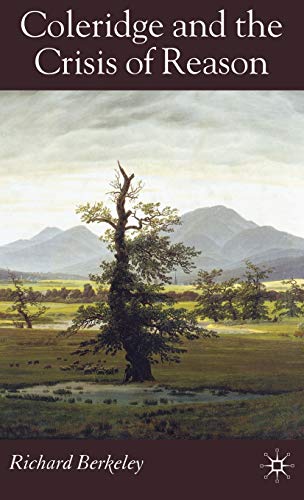
Coleridge and the Crisis of Reason
R. Berkeley
Coleridge and the crisis of reason examines coleridge's understanding of the pantheism controversy - the crisis of reason in german philosophy - and reveals the context informing coleridge's understanding of german thinkers.

Coleridge and the Inspired Word
Anthony John Harding
This movement radically revised the interpretation of the bible as an "inspired" book and also helped to redefine the inspiration attributed to poets, since many poets of the period, including coleridge himself, wished to emulate the prophetic voice of bi.

Coleridge and Wordsworth
Paul Magnuson

Coleridge's Decline As a Poet
L. D. Berkoben

Coleridge's decline as a Poet
L. D. Berkoben

Bentham, Coleridge, and the science of history.
Robert O. Preyer

Selected poetry and prose of Coleridge.
Samuel Taylor Coleridge

Coleridge fille
Griggs, Earl Leslie.

Life & correspondence of John Duke Lord Coleridge
Ernest Hartley Coleridge

Letters, conversations and recollections of S. T. Coleridge.
Samuel Taylor Coleridge

